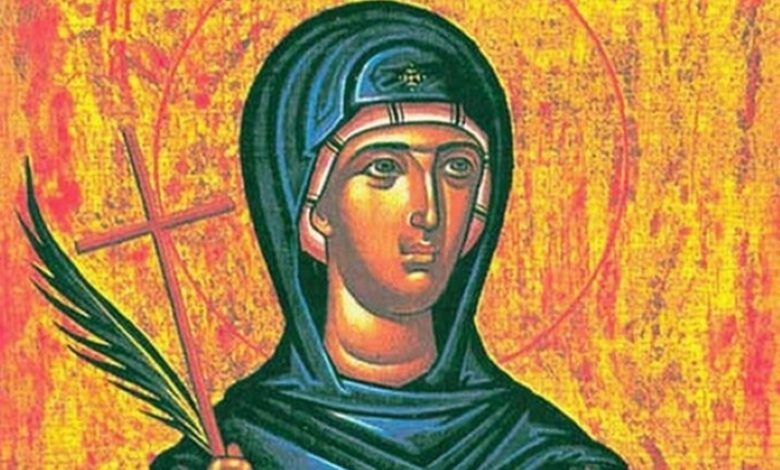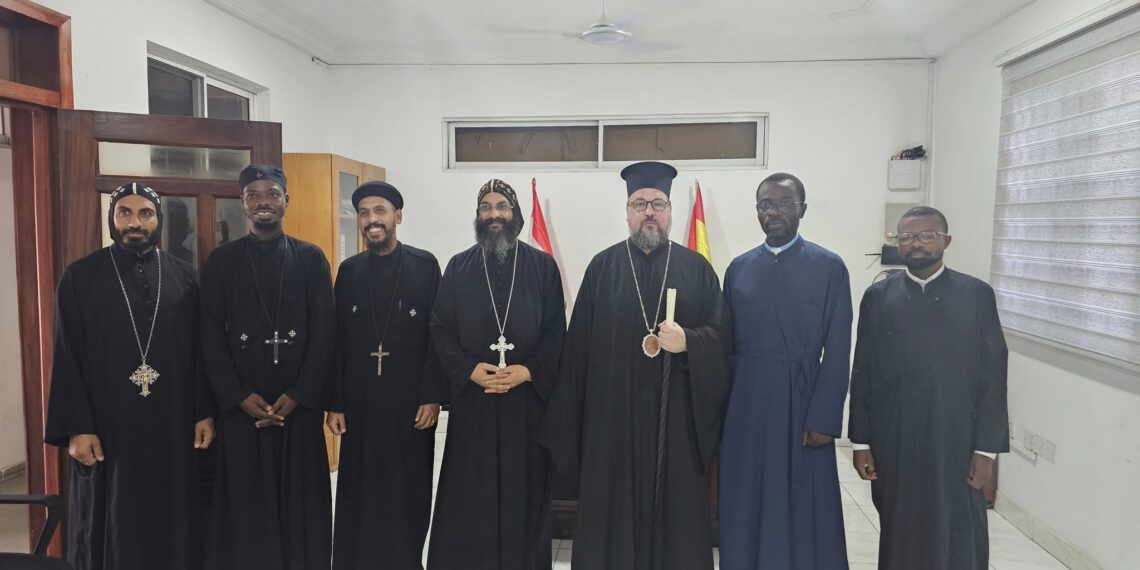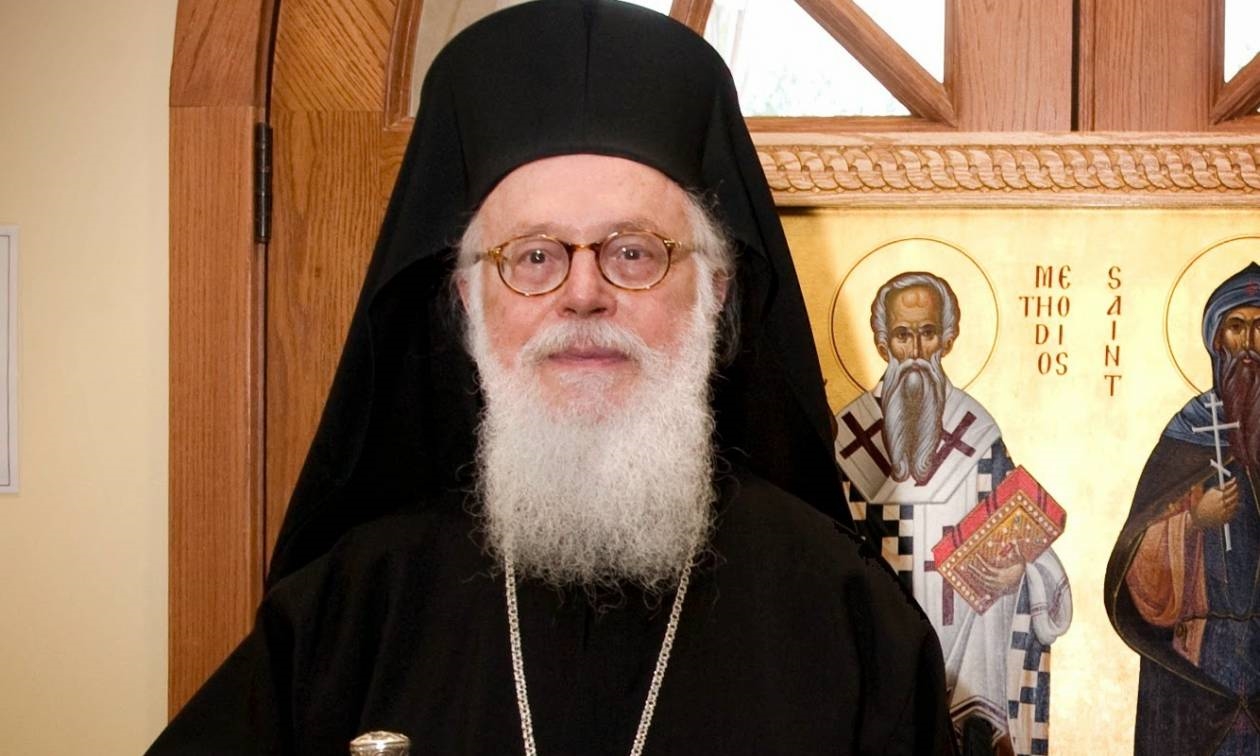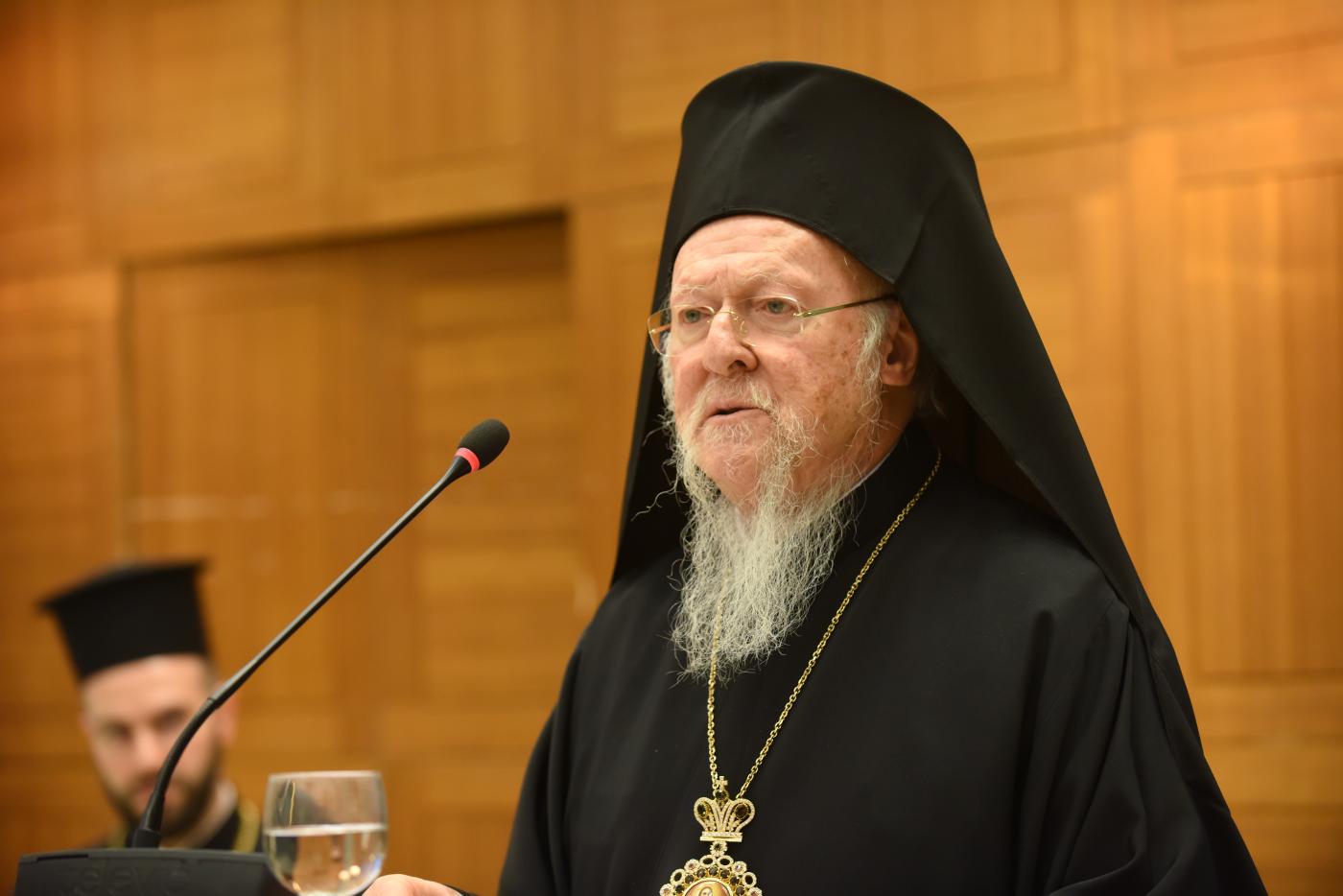Martyr Matrona of Thessalonica (27 March)


The Holy Martyr Matrona of Thessalonica suffered in the third or fourth century. She was a slave of the Jewish woman Pautila (or Pantilla), wife of one of the military commanders of Thessalonica. Pautila constantly mocked her slave for her faith in Christ, and tried to convert her to Judaism. Saint Matrona, who believed in Christ from her youth, still prayed to the Savior Christ, and secretly went to church unbeknownst to her vengeful mistress.
Pautila, learning that Saint Matrona had been to church, asked, “Why won’t you come to our synagogue, instead of attending the Christian church?” Saint Matrona boldly answered, “Because God is present in the Christian church, but He has departed from the Jewish synagogue.” Pautila went into a rage and mercilessly beat Saint Matrona, tied her up, and shut her in a dark closet. In the morning, Pautila discovered that Saint Matrona had been freed of her bonds by an unknown Power.
In a rage Pautila beat the martyr almost to death, then bound her even more tightly and locked her in the closet. The door was sealed so that no one could help the sufferer. The holy martyr remained there for four days without food or water, and when Pautila opened the door, she again found Saint Matrona free of her bonds, and standing at prayer.
Pautila flogged the holy martyr and left the skin hanging in strips from her body. The fierce woman locked her in the closet again, where Saint Matrona gave up her spirit to God.
Pautila had the holy martyr’s body thrown from the roof of her house. Christians took up the much-suffered body of the holy martyr and buried it. Later, Bishop Alexander of Thessalonica built a church dedicated to the holy martyr. Her holy relics, glorified by many miracles, were placed in this church.
The judgment of God soon overtook the evil Pautila. Standing on the roof at that very place where the body of Saint Matrona had been thrown, she stumbled and fell to the pavement. Her body was smashed, and so she received her just reward for her sin.
This martyr was the servant of a certain Jewish woman named Pantilla, the wife of the Governor of Thessalonica. When Matrona refused to follow her mistress into the synagogue Pantilla beat her so severly that she died in a few days, and thus received the crown of her confession.
An orphan, Matrona was a servant in the home of a Jew in Thessalonica. The wife of the Jew continually mocked Matrona for her faith in Christ. She tried to persuade her to deny Christ and attend the synagogue. But the meek Matrona went about her work conscientiously and said nothing to her mistress. In secret she prayed to Christ the Lord. On one occasion the Jewess discovered that Matrona was attending church unbeknownst to her. In anger, she asked her why she did not attend the synagogue rather than the church. To this Matrona replied: “Because God lives in the Christian churches, and He withdraws from the Jewish synagogues.”
Furious at this bold reply, the Jewess beat Matrona, locked her up in a dark room, and bound her hands. The next day as Matrona was kneeling in prayer and glorifying God, her ropes fell off by the power of God. On two more occasions she was locked up again. In the end she died of starvation. This evil Jewish woman then took the body of the holy maiden and hurled it to the ground from the roof of her home. Christians took the martyr’s body and buried it with honor. Bishop Alexander, learning of the many miraculous works of this holy martyr, erected a church over her grave. The evil Jewess received her just punishment: when standing at the same spot from which she had hurled Matrona’s body down, she slipped, fell to the pavement, and was smashed to death.
Apolytikion of Martyr Matrona of Thessalonica
Fourth Tone
O Lord Jesus, unto Thee Thy lamb doth cry with a great voice: O my Bridegroom, Thee I love; and seeking Thee, I now contest, and with Thy baptism am crucified and buried. I suffer for Thy sake, that I may reign with Thee; for Thy sake I die, that I may live in Thee: accept me offered out of longing to Thee as a spotless sacrifice. Lord, save our souls through her intercessions, since Thou art great in mercy.
Source: oca.org / goarch.org / westserbdio.org




